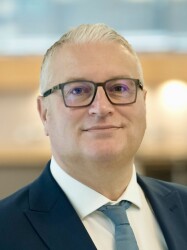BibTex format
@article{Loizidou:2021:rs.3.rs-673407/v1,
author = {Loizidou, A and Tatla, TS and Harvey, I and Aibibula, M and Roe, J and Sethi, N and Schilder, AGM},
doi = {rs.3.rs-673407/v1},
title = {COVID-VU an ENT UK National Survey of Flexible Nasendoscopy in the Upper Aerodigestive Tract Amidst the COVID-19 Pandemic},
url = {http://dx.doi.org/10.21203/rs.3.rs-673407/v1},
year = {2021}
}

